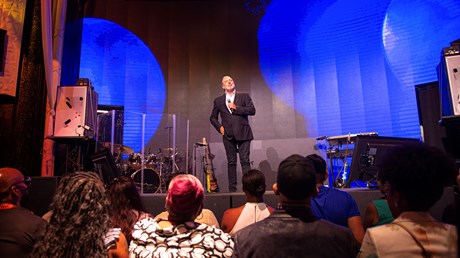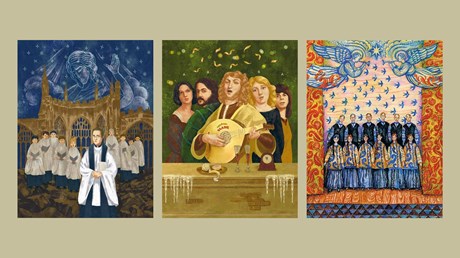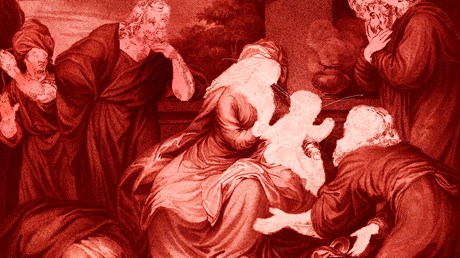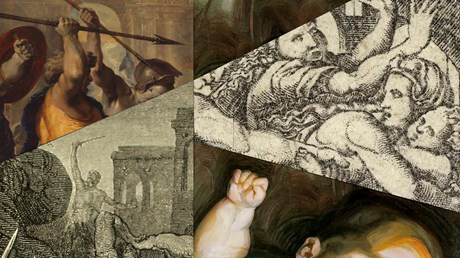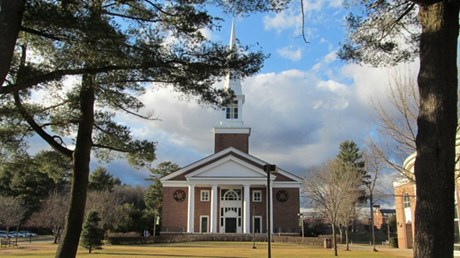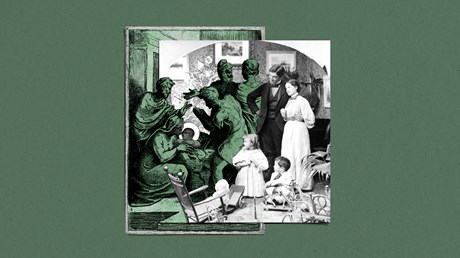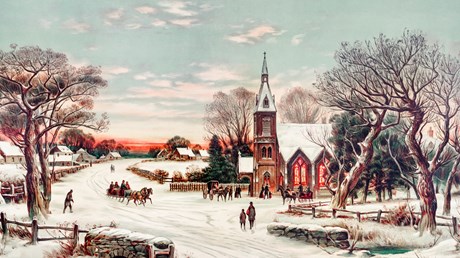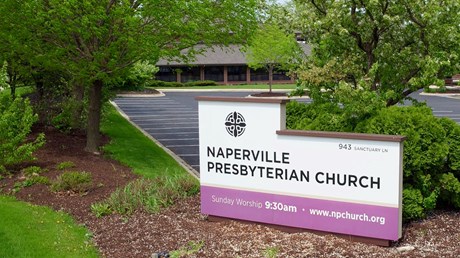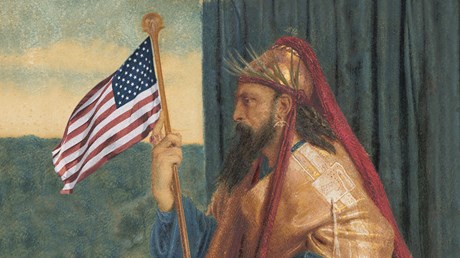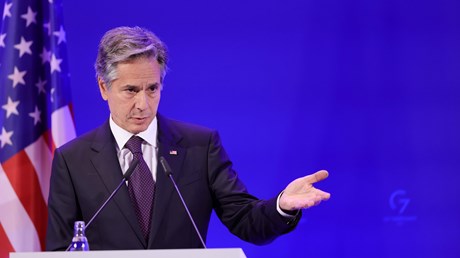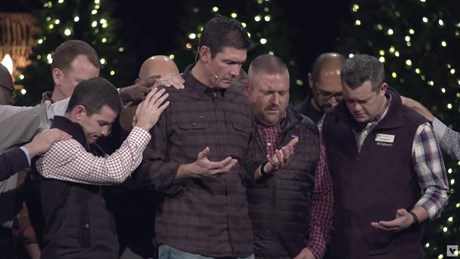Heresies, harassment, and Her Majesty’s death: Here are the stories Christians engaged with this year.
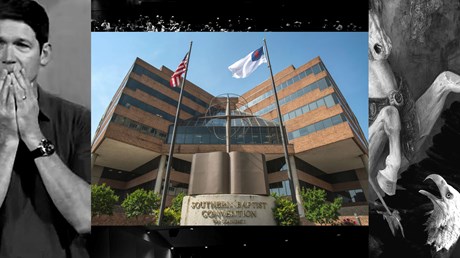
This year was all but predictable. With the war in Ukraine, historic court cases, and civil unrest around the world, Christianity Today’s readers came to our site for timely, faithful reflections and church-centered reporting.
The top article of 2022 was written by our own editor in chief, Russell Moore. His raw response to the SBC’s third-party investigative report was read by over 500,000 people and translated into six languages.
In addition to our SBC coverage, CT wrote about fantasy role-playing, Bono’s career and its connection to his faith, and pandemic fallout in the pews.
Our 20 most-read stories of the year are listed below in descending order, starting with No. 20 and ending with No. 1. You can find these and other top CT stories of the year here, many of which are also offered in CT Global translations.
20.
19.
18.
17.
16.
15.
14.
13.
12.
11.
10.
9.
8.
7.
6.
5.
4.
3.
2.
1.
Check out the rest of our 2022 year-end lists here.
from Christianity Today Magazine https://ift.tt/198Ir5B



